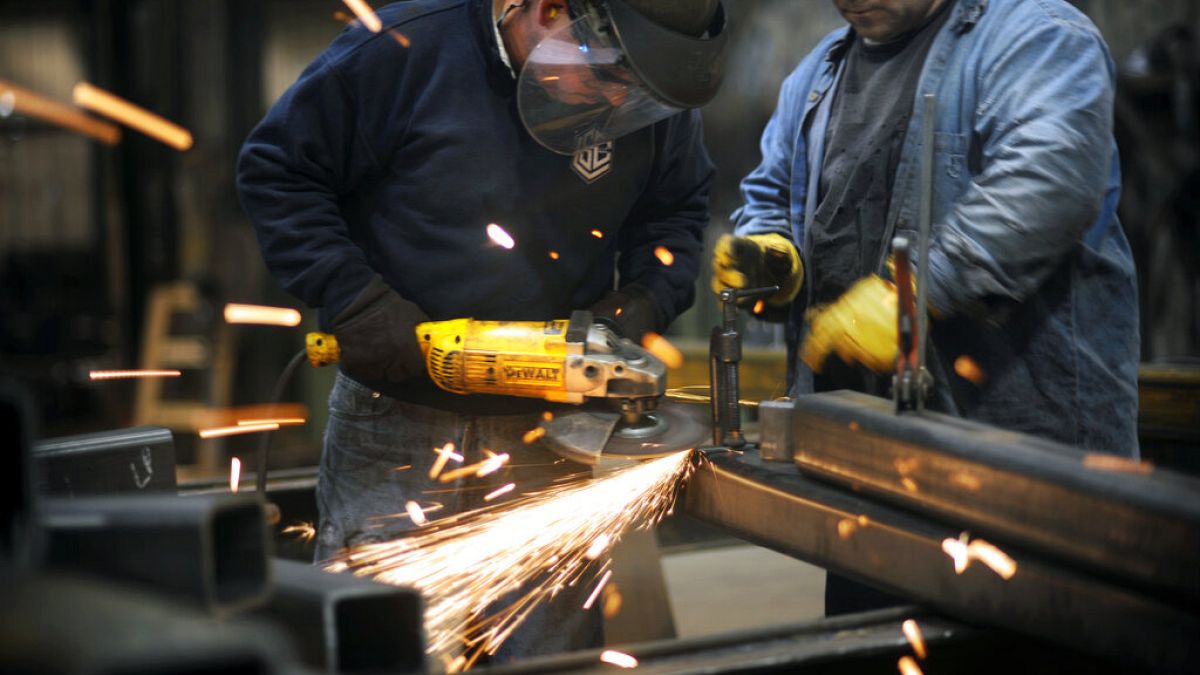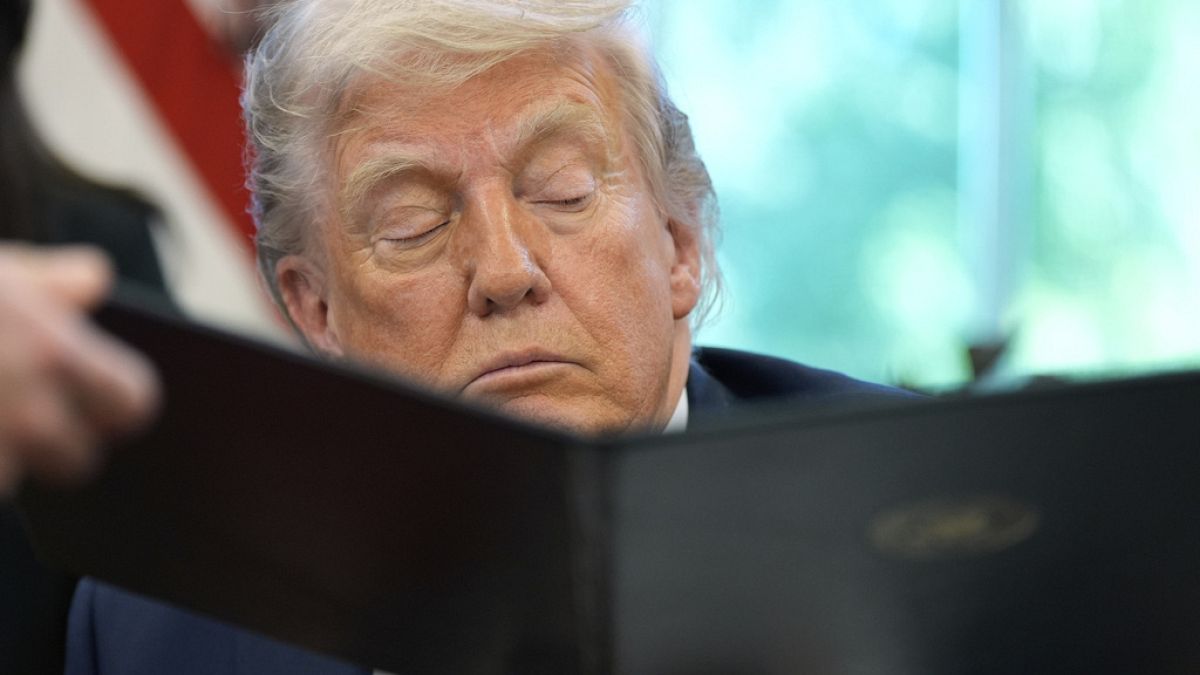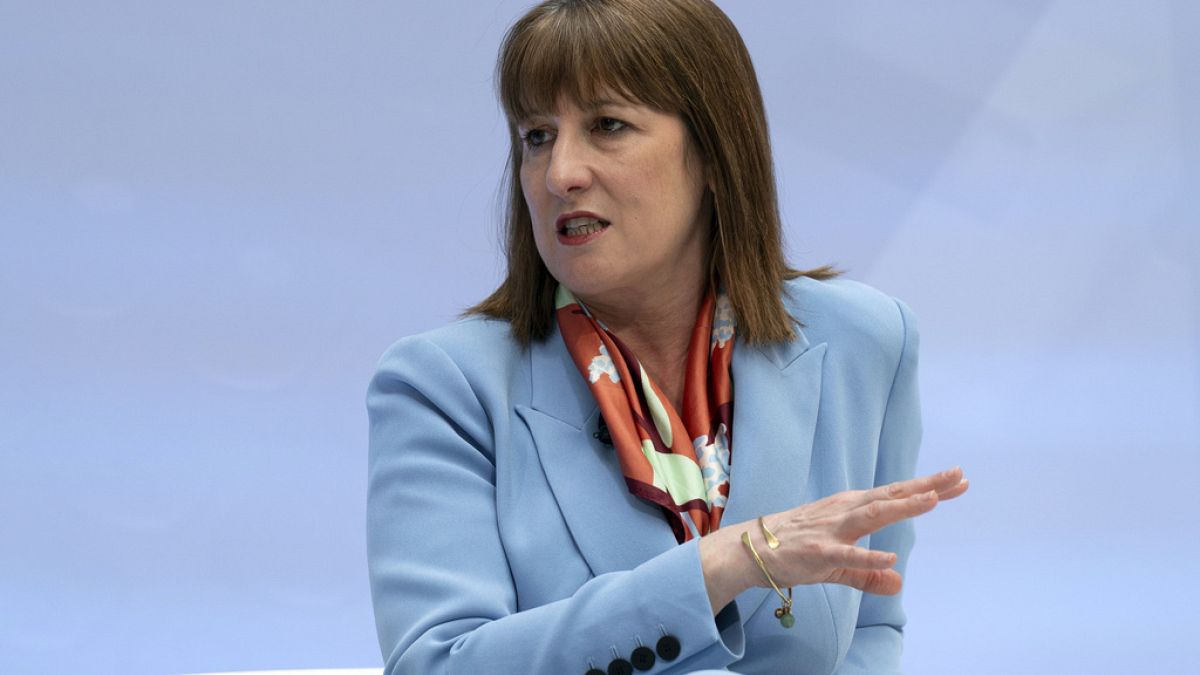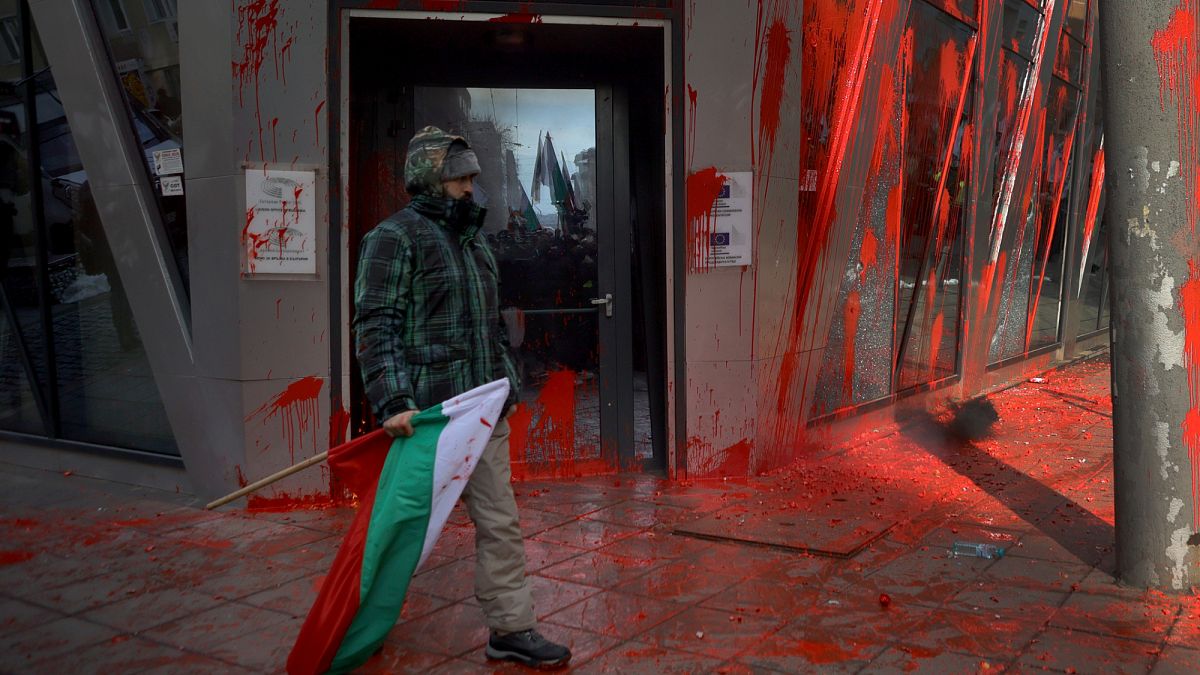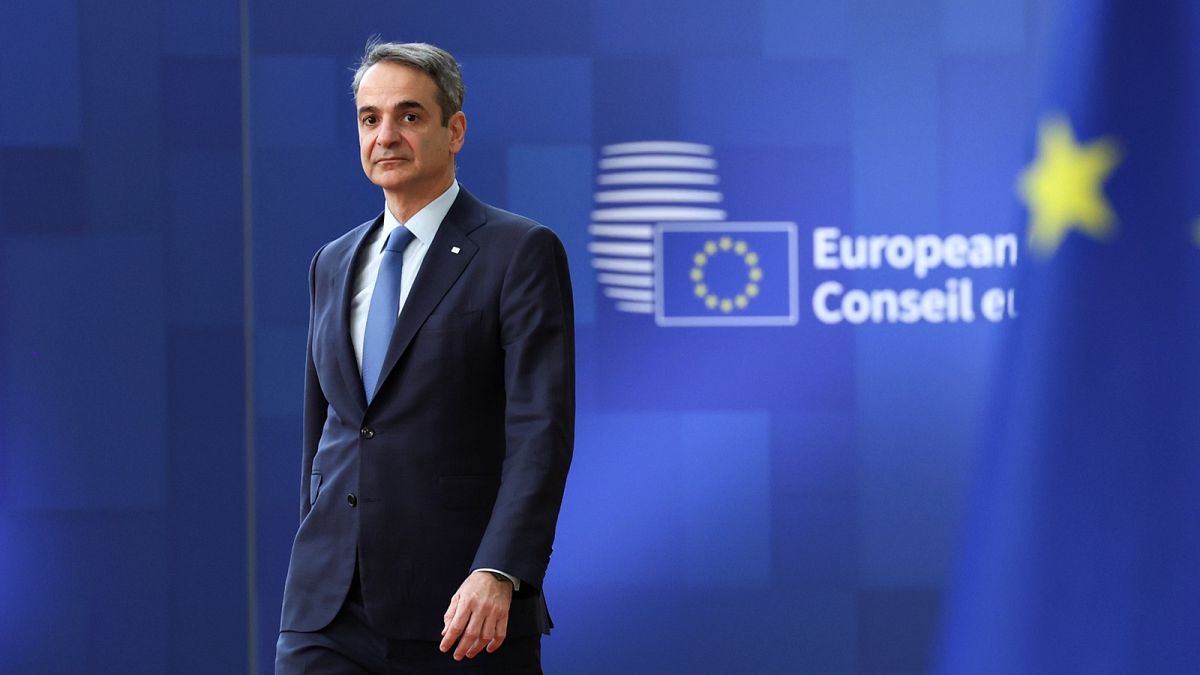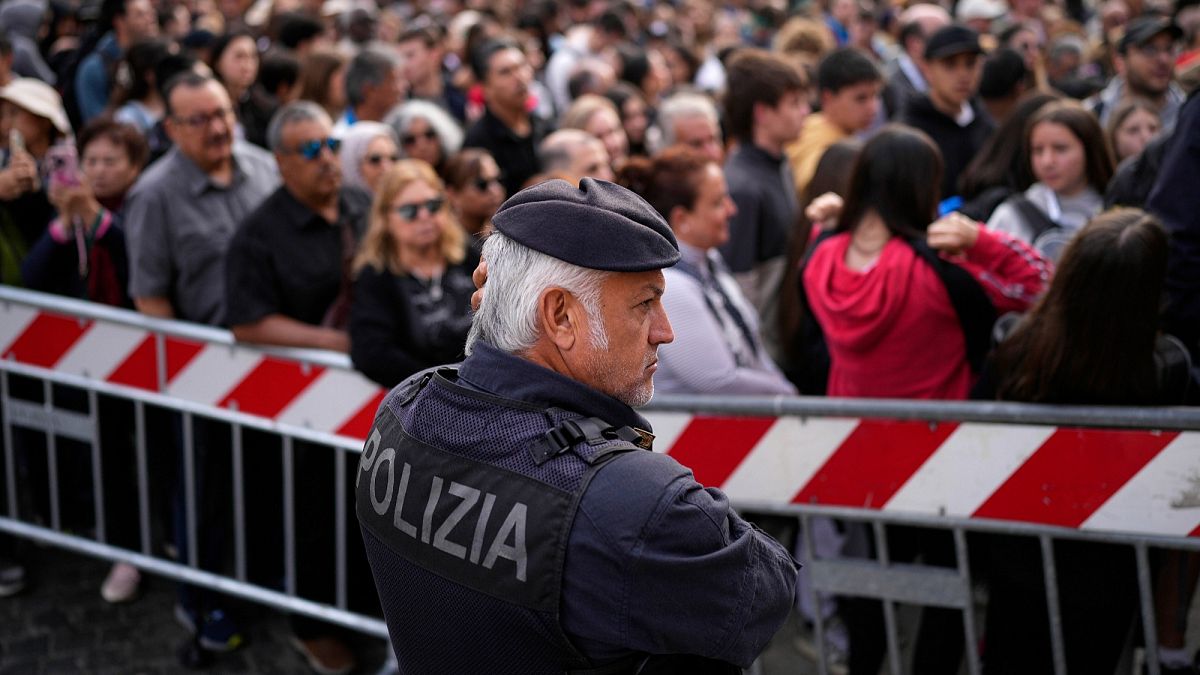European metalworkers in Brussels called for job protections and more training during the green transition. Since 2019, nearly one million industrial jobs have been lost, and many more are at risk.
Discontented metalworkers from across Europe gathered in Brussels on Wednesday to express concern over job security during the continent’s green transition.
They are calling for the EU’s new industrial policy to include stronger protections for workers and their families within the sector. One key demand is for the EU to prioritise effective training and retraining programmes, even if it means reducing working hours to accommodate these initiatives.
Lieve De Preter, president of ACV-CSC METEA in Belgium, stated that workers transitioning to a climate-neutral industry require enhanced training. She emphasised the importance of trade unions’ involvement in discussions to facilitate this shift towards a sustainable manufacturing sector.
‘Just Transition Fund’ found to be lacking
Since 2019, nearly one million industrial jobs have been lost in the EU. Trade unions warn that employers are masking the true scale of the crisis through short-term contracts and reduced working hours, which could result in up to 4.3 million job losses. Recent months have seen more than 100,000 jobs put at risk, with major companies like Germany’s ThyssenKrupp and Volkswagen leading announcements of factory closures and redundancies.
To support the transition, the EU established the ‘Just Transition Fund’ as part of its Green Deal, allocating €17.5 billion. Although this is a large amount, the fund still faces challenges in addressing the transition’s problematic issues.
Sara Matthieu, a Belgian MEP for the Greens, acknowledged the value of the Just Transition Fund but argued that it is insufficient for its intended purposes. She advocated for expanding the resources, particularly targeting regions where the transition has yet to begin.
“A robust fund is crucial to supporting sectors in transition and ensuring workers benefit from the process,” she told Euronews.
Trade union representatives also got in touch with the European Commissioner for Industrial Strategy, Stéphane Séjourné, urging the drafting of a directive on fair transitions. They expect this future directive to force companies to collaborate closely with trade unions in anticipating and managing change.
What is the ‘Just Transition Fund’ and how is it financed?
The Just Transition Fund (JTF) is a financial instrument established by the European Union in 2021 to facilitate a transition towards a sustainable, carbon-neutral future by 2050.
The fund aims to support all member states under the cohesion policy, focusing on economic diversification and reconversion in regions affected by the shift away from carbon-intensive activities.
It is financed through a combination of grants and loans. The €17.5 billion budget is for the period 2021-2027. This includes funding from the EU budget and contributions from member states.
The financing structure comprises approximately €1.3 billion in grants from the EU budget, along with €6-8 billion in loans from the European Investment Bank (EIB), and additional resources can be transferred from national allocations under the European Regional Development Fund (ERDF) and the European Social Fund Plus (ESF+)






